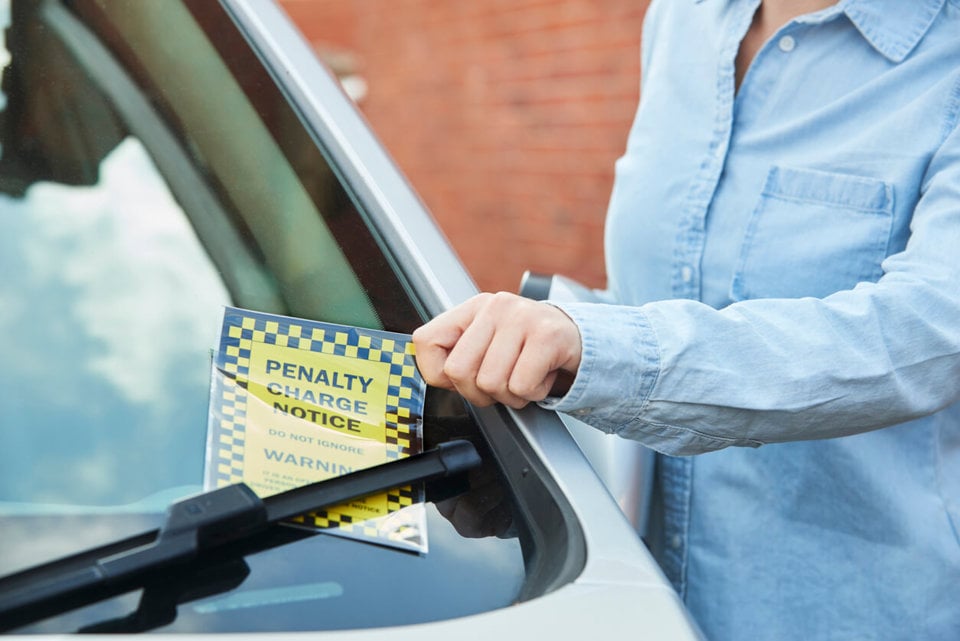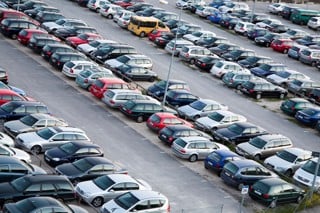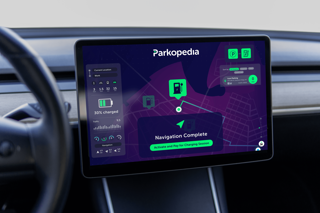Almost two thirds of fleets have reported an increase in the number of parking tickets their drivers have received in recent months, according to a Fleet News poll.
Just one in six (15%) said they had seen the fines they incur fall, while one in five (20%) reported no change.
One respondent blamed the loss of parking bays within cities coupled with “over-exuberant” traffic wardens, private parking companies and clampers.
“Drivers are now terribly confused as to where to park,” he said. “The amount of time lost finding a parking space is also a concern with employees constantly running late for meetings.”
The results reflect research conducted by Lex Autolease, which showed parking fines increased by almost a quarter (23%) to 58,089 last year.
Looking at all motoring-related fines and penalties, parking tickets had the biggest increase, with endorseable offences – including speeding and driving while using a hand-held mobile phone – showing the second highest hike, up 16%.
Guy Mason, head of fleet operations at Lex Autolease, said: “Company drivers are often under more pressure than ordinary motorists to complete each journey as quickly and efficiently as possible. Unfortunately, the need to hit deadlines or attend meetings on time can sometimes lead to poor behaviour.”
The RAC Foundation recently released data from all 353 councils in England showing they raked in £549 million parking ‘profit’ in the last financial year, up by £89 million, or 19%, on 2012/2013.
Now it has shifted its focus to private parking companies, with a report that questions the legality of some of the tickets they issue.
Hundreds of thousands of drivers are likely to have been illegally penalised for overstaying their welcome while parking on private land, according to the RAC Foundation.
Although the Protection of Freedoms Act 2012 banned clamping on private land, drivers who stay longer than the time they have paid for are still likely to receive tickets that demand payments of up to £100 and, in some cases, significantly more.
John de Waal QC, a barrister at Hardwicke, said: “Payments at the level that operators presently demand as sanctions are unlikely to count as genuine pre-estimate of loss; they should be seen by the courts as penalties, which means they are unenforceable.”
Iron Mountain, whose head of logistics support for Western Europe, Rory Morgan, was crowned van fleet manager of the year at the 2014 Fleet Van Awards, has been successfully driving down the number of parking tickets it receives.
The company cut its parking fine costs by 25% last year, reducing the tickets it received in 2013, from 2,349 to 1,827.
Each parking ticket that is issued to Iron Mountain is inspected, to see whether it can appeal or needs to pay.
Key to its strategy is having a good understanding of the legal process, and the rights it has at each stage – even when bailiffs attend a site, which happened twice in 2014.
It has also educated drivers as to the rights and wrongs of loading and unloading.
Ian Johnson, logistics compliance manager at Iron Mountain, told Fleet News: “Ensure you have a robust and consistent procedure for administering fines. If the company has more than one location, ideally all on-street and CCTV postal fines should be sent to one central office.”
Johnson says fleets should be aware of the time-frames required, to either appeal or to ensure enough time to pay at the discounted rate.
Fleets should also keep concise records of all fines. This will enable reports to highlight particular hot-spots and that investigations can take place to see if measures can be taken.





















Login to comment
Comments
No comments have been made yet.